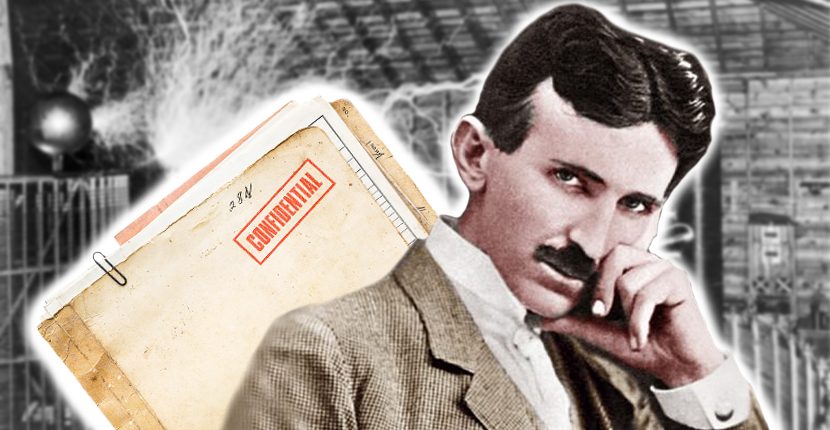Nikola Tesla and the FBI have an intriguing history. In January 1943 a maid decided to enter a room at the New Yorker Hotel. There was a “Do Not Disturb” sign on the door of Room 3327, but it had been placed there a couple of days earlier by the occupant.
Sign or no sign, she had to do her job. When she went inside, she found the body of an 85-year-old man. The cause of death was coronary thrombosis. Not long after this sad event, the FBI abruptly confiscated his personal effects. After protests from the man’s nephew, Sava Kosanović, these were sent to him in Belgrade.
It was never clear whether everything had been released, or whether some items were kept back. Only in 2016 did the details of the case become declassified under the Freedom of Information Act.
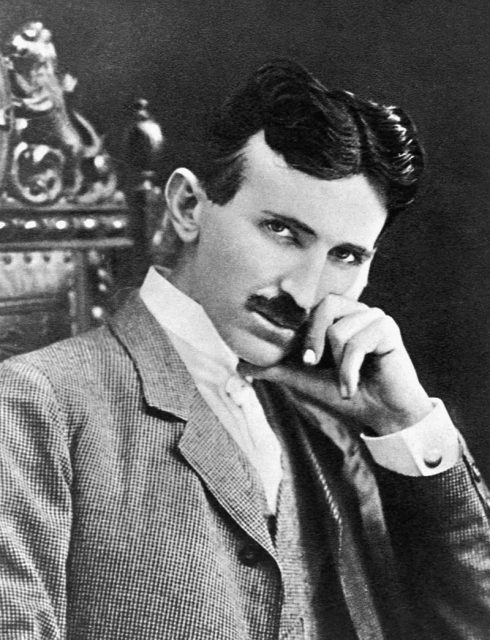
The person of interest who the maid stumbled upon that day was the deceased genius: Nikola Tesla. Passers-by in the Big Apple may have observed him in the park, enjoying the company of pigeons.
Chances are they thought him an eccentric without realizing who exactly they were looking at. Some would have gone home and enjoyed listening to one of his enduring inventions, the radio, which he’d attempted to sue Marconi over in 1915. A brilliant engineer and inventor, Tesla had been a pioneer in the field of electricity, devising an alternating current induction motor.
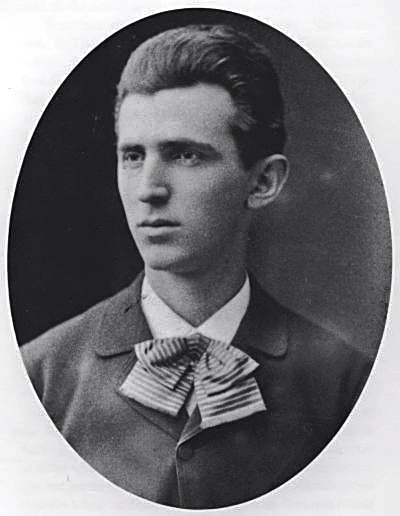
He’d also wowed the crowds at Madison Square Garden with a demonstration of the first wirelessly-controlled boat. Despite these triumphs, he had streaks of bad luck when it came to trusting his peers.
The Prestige (Christopher Nolan, 2006) dramatized Tesla’s rivalry with Thomas Edison. David Bowie played the Serbian current wrangler (born in modern-day Croatia), who was subject to having his work sabotaged by Edison’s henchmen. The two men had worked together at one point before professional antagonism set in.
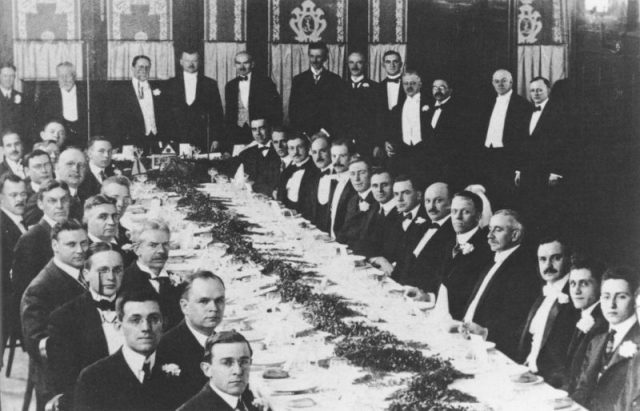
In a recent article for The Conversation to celebrate the 75th anniversary of his death, he was described as “a man who came from nowhere yet became world famous; claimed to be devoted solely to discovery but relished the role of a showman; attracted the attention of many women but never married; and generated ideas that transformed daily life and created multiple fortunes but died nearly penniless.”
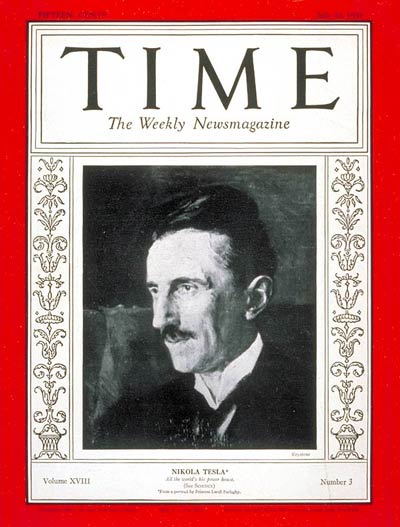
As Tesla had been granted US citizenship, some would argue he should have been treated like a national treasure. Instead, the office of Alien Property Control was sent in to unceremoniously squirrel away his belongings. Why did they descend upon hearing of his demise? The answer lies in that thorniest of topics, homeland security.
Related Video: Trailer for new movie detailing the electricity battle between Edison and Tesla starring Benedict Cumberbatch:
https://youtu.be/E_DvoDOrwaY
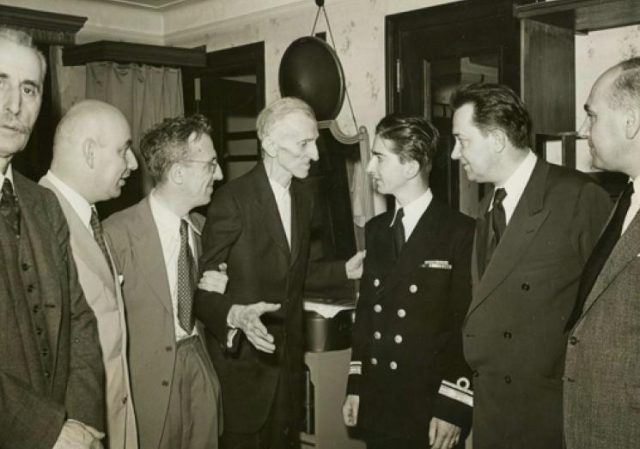
Though they officially denied it, authorities were concerned about an invention of Tesla’s with destructive potential: a particle beam, or to give it its less flattering title, “death ray.” There were also reports of a Tesla brand torpedo.
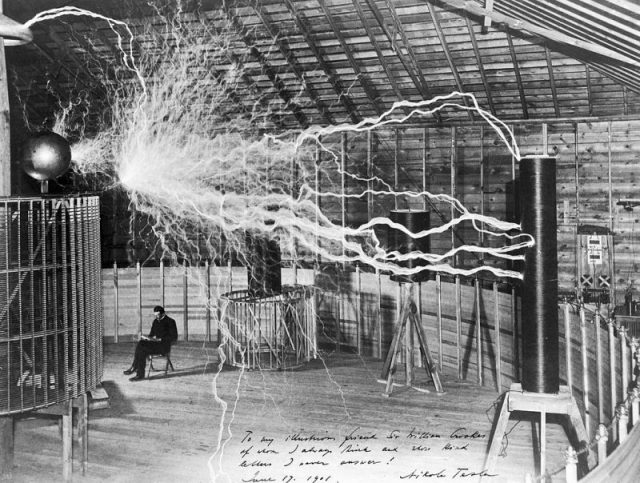
Not that the development was a secret. In fact, The New York Times had covered the “DEATH BEAM” in 1934. When a man like Nikola Tesla was thinking about weapons, it clearly made the FBI and governments nervous.
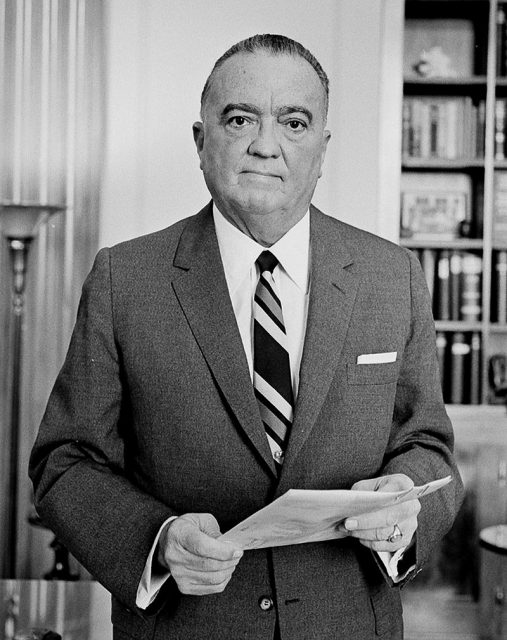
In a letter to J. Edgar Hoover six years later, a redacted employee outlined the potential situation in the wake of newspaper stories:
“If, as the author states, the teleforce has been perfected by Nikola Tesla, it would be a measure of foresightedness to ensure his constant guarding against his being molested, possibly kidnapped and tortured, by alien enemies for the purpose of seizing the secret of such an invaluable instrument of war and/or defense.”
One of these enemies was seen as Tesla’s nephew, who managed to retrieve his uncle’s possessions in the early 1950s.
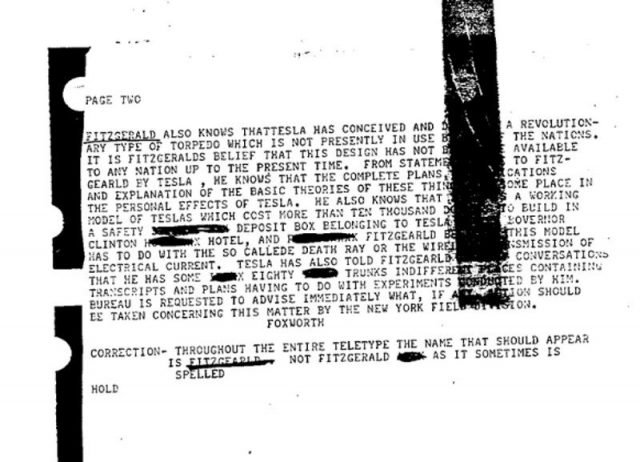
The Bureau scorned the idea of a death ray in public, but as it turns out they were trying to retain it in the U.S. Tesla was a phenomenal individual but he also had a photographic memory, relying on his mind’s eye as much as plans and documents. When the lawmen saw their chance to get their hands on something concrete, they swooped.
Related Article: The Bizarre Obsessive Compulsive Rituals and Habits of Nikola Tesla
His legacy lives on, but it seems Tesla died as he lived. An innovator who did great good for society but who ultimately was never welcomed into it by the people around him.
Steve Palace is a writer, journalist, and comedian from the UK. Sites he contributes to include The Vintage News, Art Knews Magazine and The Hollywood News. His short fiction has been published as part of the Iris Wildthyme range from Obverse Books.
